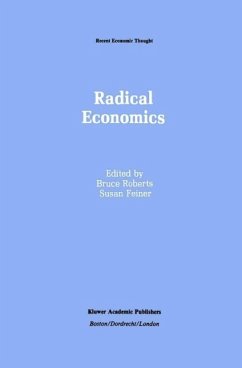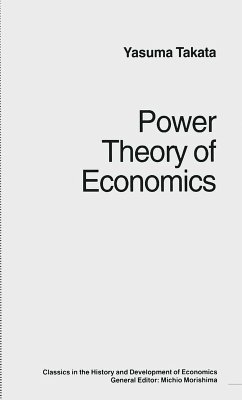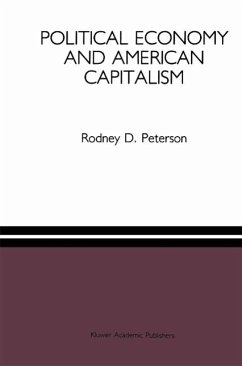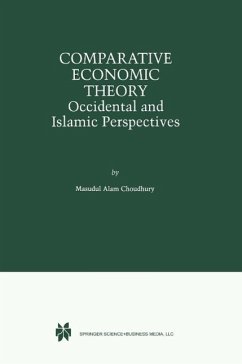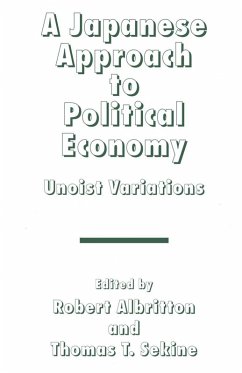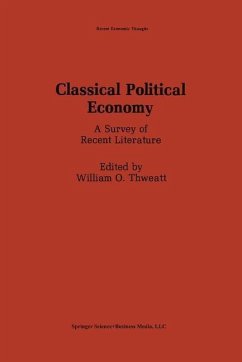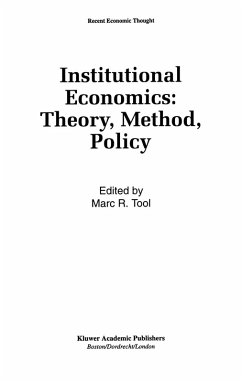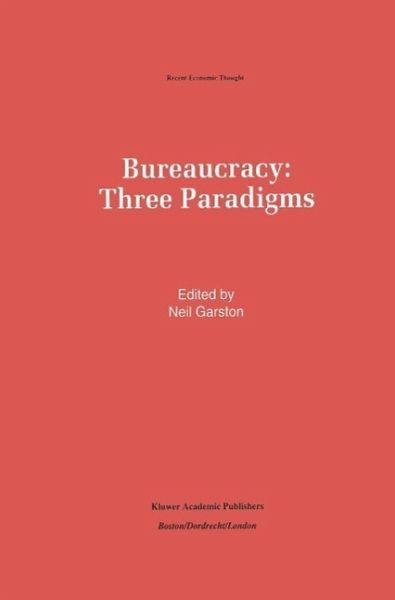
Bureaucracy: Three Paradigms (eBook, PDF)
Versandkostenfrei!
Sofort per Download lieferbar
112,95 €
inkl. MwSt.
Weitere Ausgaben:

PAYBACK Punkte
56 °P sammeln!
The study of bureaucracy must include certain key questions: what are bureaucrats and bureaucracies; why do they exist and what are their functions; how do they behave; how much power do they possess; what is their impact on efficiency and production; and how do they affect society? This book contains analyses of all these issues, done by a variety of economists of differing backgrounds, approaches and opinions, broadly categorized under the labels Neoclassical, Institutionalist, and Marxist, although there are overlaps and correspondences that cross ideological and/or paradigmal boundaries. I...
The study of bureaucracy must include certain key questions: what are bureaucrats and bureaucracies; why do they exist and what are their functions; how do they behave; how much power do they possess; what is their impact on efficiency and production; and how do they affect society? This book contains analyses of all these issues, done by a variety of economists of differing backgrounds, approaches and opinions, broadly categorized under the labels Neoclassical, Institutionalist, and Marxist, although there are overlaps and correspondences that cross ideological and/or paradigmal boundaries. In this book the labels are employed as a guide to the reader with a preference for one approach over the others, and as an indication of how chapters in different sections are related in their approaches.
Dieser Download kann aus rechtlichen Gründen nur mit Rechnungsadresse in A, B, BG, CY, CZ, D, DK, EW, E, FIN, F, GR, HR, H, IRL, I, LT, L, LR, M, NL, PL, P, R, S, SLO, SK ausgeliefert werden.



